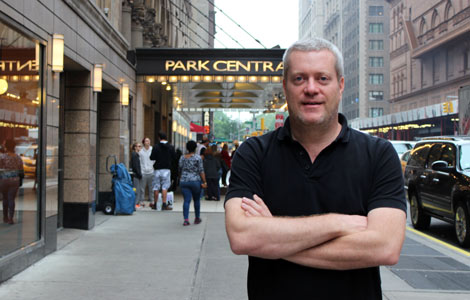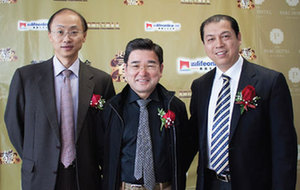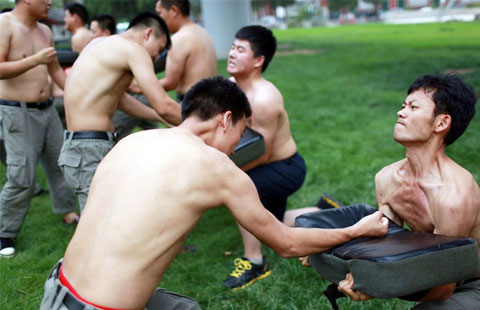US Rep questions US 'pivot' strategy
Updated: 2014-06-20 08:33
By CHEN WEIHUA in Washington (China Daily USA)
|
||||||||
|
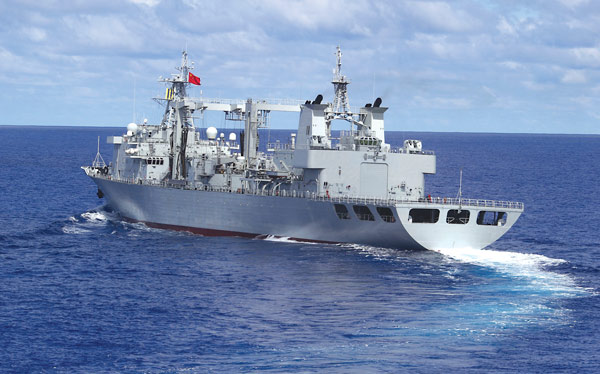 |
US Congresswoman Colleen Hanabusa believes that there are a lot of unanswered questions in the US rebalance strategy for the Asia-Pacific region.
The Hawaii Democrat raised questions about the goal of the rebalance, what the US is going to do there, the resources the US has, and what the US will do to ensure economic growth, stability and deal with other challenges.
"What is the strategy of this pivot, I am not sure that we have the answer for that," Hanabusa told a seminar in Washington on Thursday on sustaining America's enduring role in the Asia Pacific.
Hanabusa, a member of the House Armed Services Committee, pointed out the success of the pivot will come down to recognizing something that the US is not accustomed to doing, to recognize cultural differences and history.
"We all know that the region has great historical differences, which may add to the difficulties of the challenge in the Asia Pacific," she said.
Hanabusa believes what the US needs is a sense of respect and understanding for the region. In her view, not many Americans understand China, given its long history of many dynasties. "Patience is a virtue that they have," she said, adding that the US is not good in this regard.
Hanabusa, who is running for a US Senate seat this year, does not support further US military expansion given the country's limited resources. She reminded people that China is not like the US in terms of military presence. "We are everywhere. They are not everywhere," she said. "They are in a particular region within a region, and we are not able to comprehend that."
Zbigniew Brzezinski, the former US national security advisor and now a counselor and trustee at the Center for Strategic and International Studies, has repeatedly expressed his disappointment at the use of words "pivot" and "rebalance" and the overemphasis on the military in President Barack Obama's strategy. He believes it has unnecessarily unnerved the Chinese.
While many have recently questioned the US commitment to its rebalance strategy given the many hotspots around the world, Secretary of State John Kerry said on Thursday that the rebalance is "not a passing fancy." "It's not a momentary thing, and in fact it has grown," he told Pacific Day seminar in Washington.
Yan Xuetong, a Chinese foreign policy expert at Tsinghua University in Beijing, believes much of the recent tension between China and the US is due to China not being a member of the Western club.
"It's not what China behaves, it's whether China joins the club or not," he said in Washington recently.
Hanabusa believes that unlike the US which is a world power, China does not want a similar role. "Do they want to do what we do, I don't think they do," she said.
She praised China's participation in the Rim of the Pacific naval exercise as a good move for both sides.
Four Chinese vessels, a missile destroyer, a missile frigate, a supplier ship and a hospital ship, are on their way to Hawaii via Guam to participate for the first time in the world's largest naval war games from June 26 to Aug 1.
Randy Forbes, a Republican Congressman from Virginia, said one important thing he learned from many hearings and briefings is that the US can't make its allies always choose between just the United States and China.
"If we do that, we will get into a bad situation for them. We don't need that. We need to find commonality," he said.
Forbes supports expansion of the US navy and opposed the budget sequestration. He believes China is a competitor, not an adversary, and that China is a multifaceted country.
But he believes the US should be able to talk to China frankly on issues. "The danger is that we can't even talk about that," he said.
In China, the US rebalance strategy has been viewed widely as a containment policy, but Hanabusa dismissed that concern.
"I don't think the United States can contain it, it's too great a power," she said. "I don't think anyone can contain China… China is a major political and economic force in the world; no one can contain it but China itself.".
Hanabusa believes neither China nor the US wants military confrontation with each other.
"So we are in a better position that we all realize that the world is large enough for the great powers. And great powers must lead by examples," she said.
|
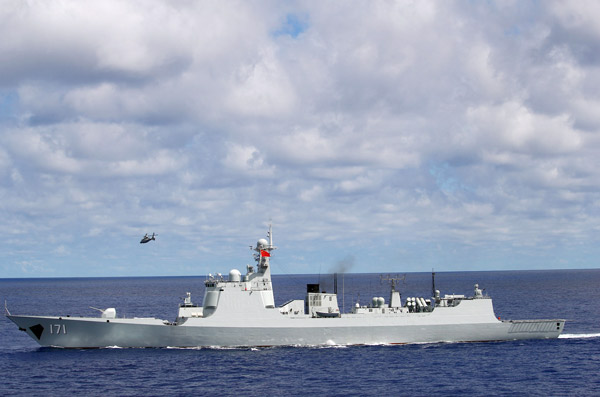 |
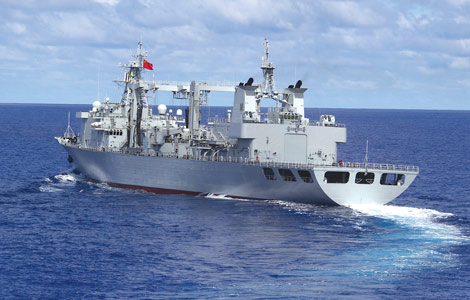
 Congresswoman questions US 'pivot' strategy
Congresswoman questions US 'pivot' strategy
 Huntington library hosts Wu Man's final concert
Huntington library hosts Wu Man's final concert
 Entrepreneur spreads Chinese culture
Entrepreneur spreads Chinese culture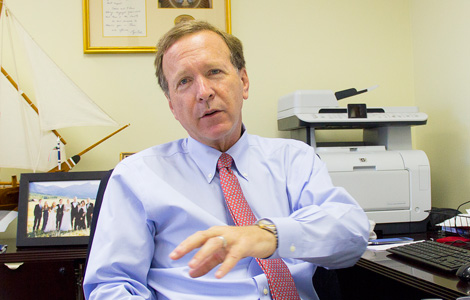
 Neil Bush: Continuing a father's legacy
Neil Bush: Continuing a father's legacy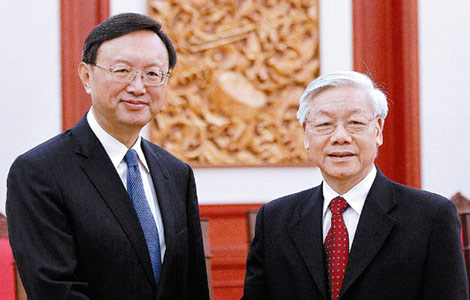
 Beijing, Hanoi vow to act on friction
Beijing, Hanoi vow to act on friction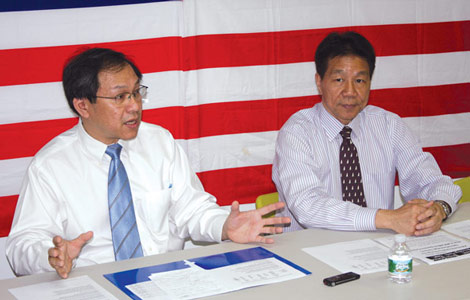
 Coalition to host forum over NYC school admissions bill
Coalition to host forum over NYC school admissions bill
 Chinese tycoon offers free lunch, cash to poor in NYC
Chinese tycoon offers free lunch, cash to poor in NYC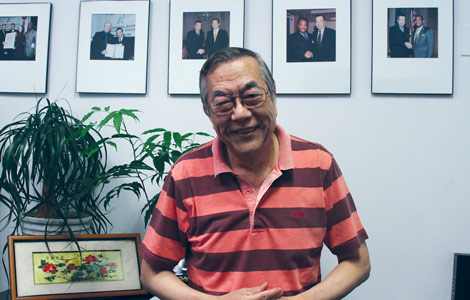
 NYC business professionals earn a salute
NYC business professionals earn a salute
Most Viewed
Editor's Picks

|

|

|

|

|

|
Today's Top News
Greek PM salutes 'a game changer'
Hainan expands US presence to Boston
US to send 300 military advisers to Iraq
Evacuation plans made for Chinese workers in Iraq
Evacuation plans made for Chinese workers in Iraq
US citizens arrested on terror charges
Bomb plot defendant denied files by court
Rare stamp sets record at New York auction
US Weekly

|

|
